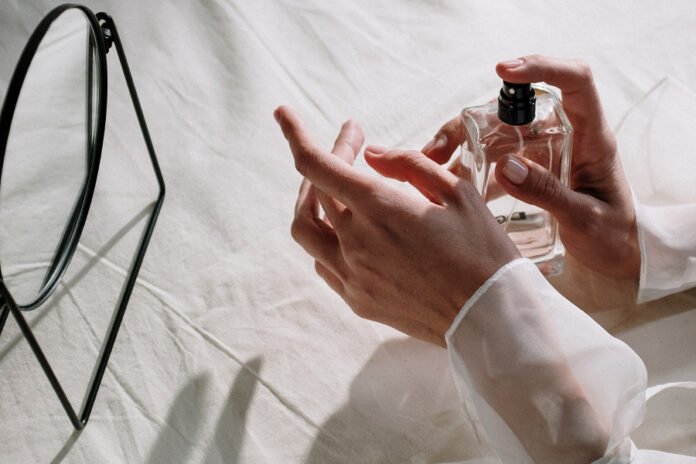A perfume contains a large amount of essential oils (from 15% to 30% or more) and alcohol (96%), increasing the scent’s persistence. Unopened perfumes can be stored for 3 to 20 years, while unopened perfumes can be stored for 10 to 24 months.
Eau de toilette contains 4-10% essential oils and 80-90% alcohol; unlike perfume, its aroma is less intense. When closed, it can last from 4 to 20 years; when opened, it can last 2 years.
Cologne with 70% alcohol and 2-5% aromatics. When closed, the shelf life is 5 to 20 years; when opened, it is 2 years.
There are “vintage” perfumes that are out of date but still available that collectors actively buy, not just. That’s because the aroma of vintage perfume changes over time, but here’s the good thing: it changes into different shades, and so does the note change.
Light or citrus tones are almost absent in this category, while other heavier, essential, Oriental, or spicy perfumes are fully revealed. Therefore, if the scent of the perfume has stayed the same and there are no signs of delay, their use is very likely.
Regarding oil-based perfumes, only some things are so simple, and everything is a little different. Depending on the composition of the formula, the shelf life of oil-based perfumes can range from 2 to 4 years. More detailed information is usually written on the packaging or bottle of the perfume. However, the information on the package has yet to end using a sentence because. The manufacturer sets this date based on the essential oil’s minimum shelf life.
Suppose the buyer stores and uses oil perfume, violating the regulations. In that case, the minimum expiry date specified on the package or bottle applies. You should know that an unopened essential oil perfume used at least once will last less than an undamaged perfume. For an open perfume, the storage requirements of the self-respecting company are indicated on the box or label.
Storing perfumes incorrectly can shorten their shelf life, so it’s worth considering some simple storage rules that must be followed. Perfumes retain their aromatic properties under certain storage conditions. Unopened vials should be stored as follows:
The vial must be in a standing position;
The packaging of perfume should be safe, preferably sealed with plastic bags;
Observe a specific temperature state.
As for the fragrances you use, to make the fragrances you buy last as long as possible, you should not ignore the following storage and use rules:
Close the perfume bottle tightly, and do not open it for long. If a large amount of air enters the bottle frequently, its aromatic composition may worsen.
Store the bottle away from light. Under the influence of sunlight, the perfume’s composition and aroma may not improve, and the organic ingredients may also undergo secondary oxidation, releasing dangerous toxins.
Avoid extreme temperatures during storage. Keep perfume away from direct heat sources (fireplaces, radiators, heat pipes). Don’t store perfume in the refrigerator and/or the bathroom. The fridge is too cold for them, and the bathroom is too damp. Due to the temperature differences of organic raw materials, specific oxidation and polymerization reactions may occur.
Do not shock the soul. Wait to shake the bottle before use, try not to carry perfume around with you, don’t keep it in your car, and don’t store it in a drawer. Excessive and frequent vibration of the ingredients inside the bottle can adversely affect the sound of the fragrance.
Keep the perfume out of the children’s reach.
If various changes can be noticed, the delay can be determined.
In most cases, they have to do with the appearance of the bottle and what’s inside.
Sediment (brown or yellow) at the bottom of the vial. This sign does not always indicate a delay.
The color of the liquid. Expired perfumes may lighten or darken or appear a distinct yellowish color.
A change in consistency. The consistency of the perfume should not be like an oily liquid (very thick or viscous).
Smell. During the delay, you can notice how the original smell has changed. It gets weaker, or it changes completely.
It is essential to know that some countries do not require manufacturers to indicate a shelf life of more than 30 months on perfumes. Thus, using a batch code (or batch code), it is possible to reliably determine the age of the aromatic liquid and how long it will retain its properties. This is a combination of numbers and Latin letters marked by the manufacturer on each bottle.





